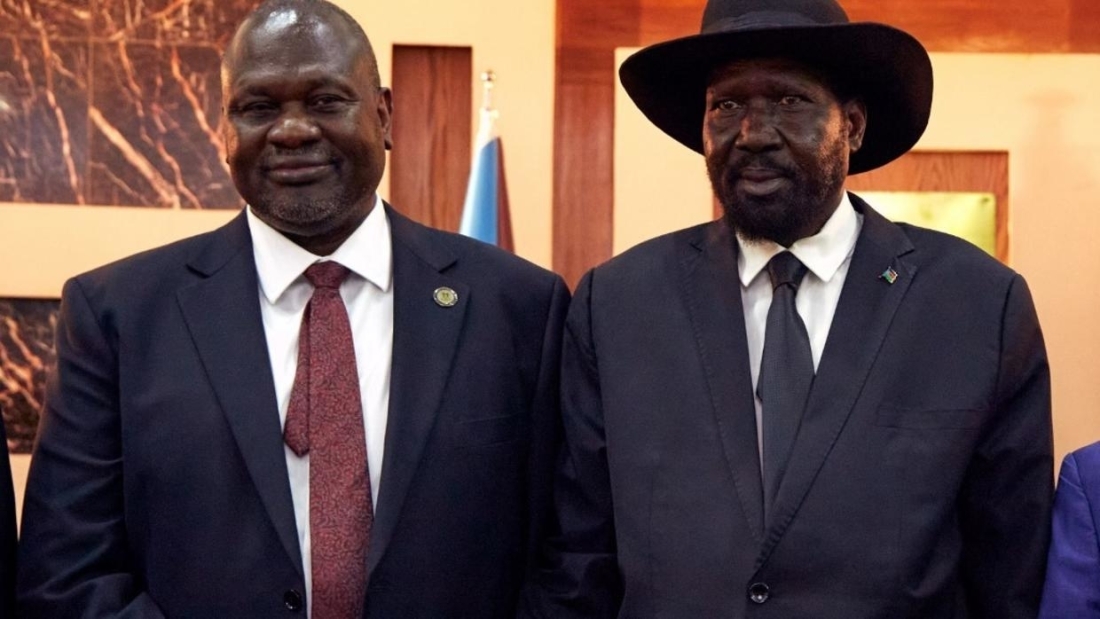I recently did an interview for Esglobal, a Spanish political and economical analysis website. The interview was centred around the formation of the new Transitional-Government of National Unity (TGoNU) and my general opinion of that and the peace agreement.
In February 2020, the re-Revitalized Agreement on the Resolution of the Conflict in South Sudan (R-RARCSS), came into effect; Dr Riek Machar came back as one of the 5 VPs and agreed to form the new government. The 32 states also became 10 states again. As of 10th April 2020, there were still no newly appointed governors, and South Sudan has also been recording new cases of Coronavirus.
The interview was in English but my commentary was translated into Spanish. The author of the article, Pablo Moraga, expounded quite well on the causes of the conflict and the future challenges ahead for South Sudan. Where I came in, was mostly my own views on the formation of the new government and the peace agreement. In my view, I simply believe that there is no real peace, unless grassroot conflicts are addressed, and justice and reconciliation has taken place. A quote from the website translated into English:
”To achieve peace, much more is needed than the creation of a government. As long as social problems are not addressed, the rebels will continue to fight. Or new militias may be born. Although in general South Sudanese have been tired of war for a long time, many think that the only thing that will be achieved with this peace agreement is to put their usual faces in positions of power. We still do not know how key aspects such as local conflicts or justice and reconciliation processes will be managed. ”
Adhieu Majok

